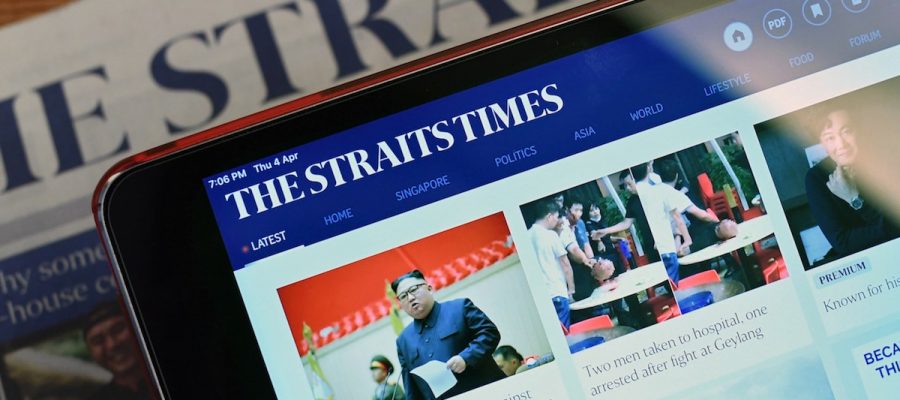
BELFAST • The main Irish nationalist and pro-British unionist parties in Northern Ireland have agreed to return to a power-sharing government after a three-year hiatus, ending a stand-off that had threatened a key part of the province’s 1998 peace settlement.
Sinn Fein, the largest nationalist party, followed its rival, the Democratic Unionist Party (DUP), on Friday in backing a draft deal brokered by the Irish and British governments to end the devolved assembly’s suspension.
London had taken on greater administrative responsibility for the British province as the two parties blamed each other for the failure of successive attempts to break the deadlock. They had faced the threat of fresh elections if a deadline tomorrow passed.
“We now have a basis for power sharing and we’re up for that,” Sinn Fein leader Mary Lou McDonald said, almost three years to the day her party walked out, saying DUP was not treating it as an equal.
“There is absolutely no doubt that there are serious challenges ahead but the most significant challenge will be ensuring we have genuine power sharing, based on equality.”
The importance of the devolved administration has increased because a provision in Britain’s European Union withdrawal deal will give the assembly the right every four years to consider whether to maintain alignment with EU market rules.
The Brexit process had complicated talks in Belfast, with Irish nationalists wanting to remain in or close to the EU and unionists fearing such alignment could undermine the province’s place in the United Kingdom and pave the way to a united island of Ireland.
Northern Ireland, which suffered through three decades of sectarian violence before the 1998 agreement, is the only part of the UK to have a land border with an EU nation, and the divorce deal ensures its border with Ireland remains open.
DUP propped up a minority British government for more than two years until last month’s snap election, another stumbling block in the talks with Sinn Fein that Prime Minister Boris Johnson’s emphatic victory removed.
Sinn Fein had been seeking increased rights for Irish speakers and a reform of the system of governance to prevent DUP, the largest party, from blocking legislation using a clause from the 1998 peace deal to protect minority rights.
REUTERS
